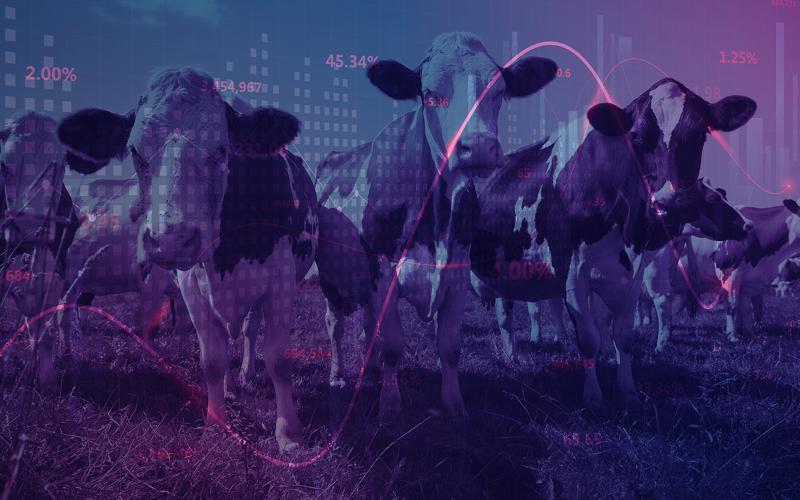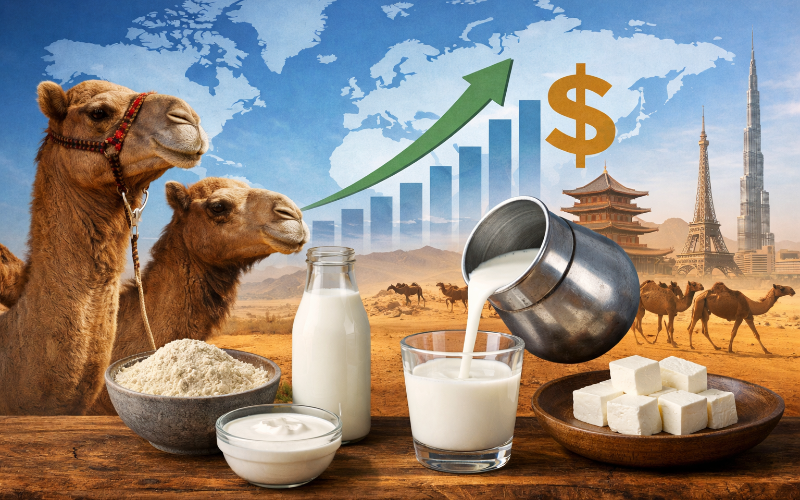Mexican Agricultural Sector Urges Protection of Animal Protein Inputs in T-MEC

The Mexican agricultural sector, including the dairy value chain, is raising concerns ahead of the 2026 review of the United States-Mexico-Canada Agreement (T-MEC). Producers emphasize the need to safeguard the availability and pricing of essential inputs for animal protein, such as corn and soy, which are vital for livestock feed.
The Confederación Nacional de Organizaciones Ganaderas (CNOG) and other industry bodies highlight that the trilateral integration has significantly boosted Mexico's meat and livestock exports. However, this progress is at risk if market conditions for balanced feed are not secured. The dairy industry, in particular, relies on a steady and competitively priced supply of these inputs to maintain raw milk production and farm profitability.
Producers are not only seeking supply security but also a framework to address non-tariff barriers and unfair competition affecting the industry across the three countries. The T-MEC review is seen as an opportunity to strengthen collaboration and protect the sector's interests, from risk management to animal health and public policy on emerging issues such as lab-grown proteins.
The urgency to secure T-MEC is part of Mexico's broader goal of food self-sufficiency. Fluctuations in international corn and soy prices directly impact the final prices of milk, meat, and eggs. Ensuring stable conditions for feed is a matter of national security and agricultural competitiveness.










